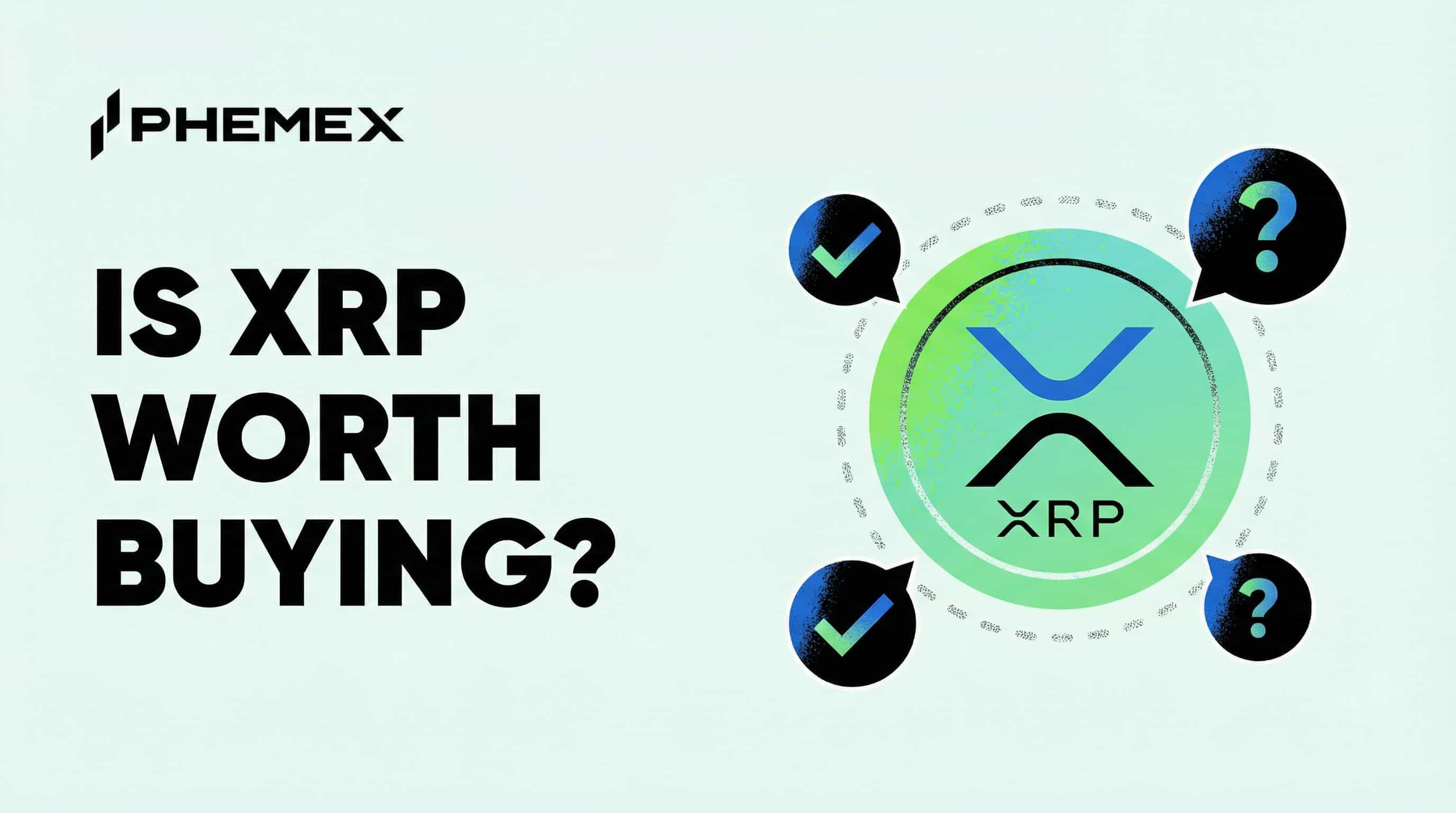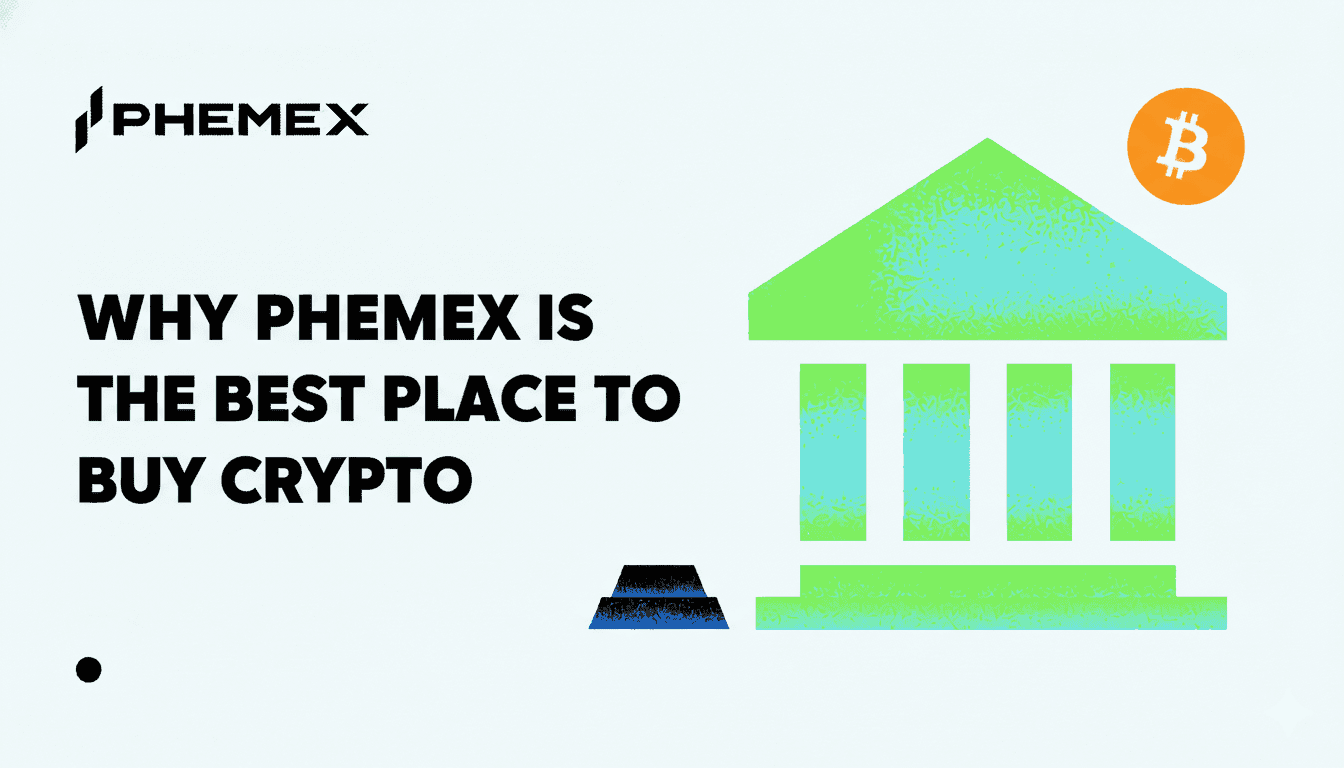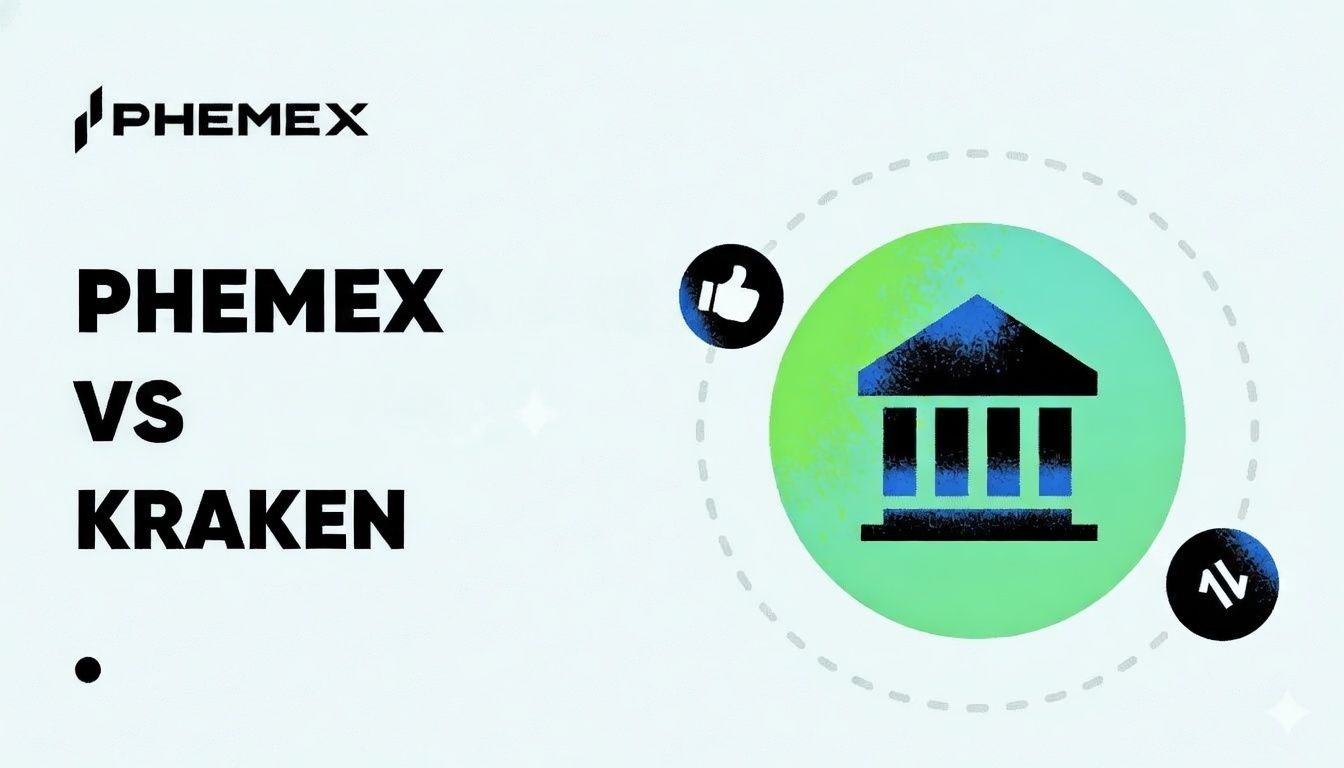
The world of cryptocurrencies has developed into a prime target for criminal activity. This is partly due to the massive inflow of cash into the sector as well as the hype and information overload that have arisen. Also, because digital currencies are relatively new, a lot of individuals are unsure of how the market operates, which leaves them open to scams. In the sections that follow, we’ll give a quick description of how cryptocurrency works and some tips for avoiding frauds.
What is cryptocurrency
Cryptocurrency is a type of digital money that operates as a means of exchange over a computer network and is not supported or maintained by any central authority, such as a bank or government. It is a decentralized method of confirming that the parties to a transaction actually have the money they claim to have, doing away with conventional middlemen like banks.
How to buy cryptocurrency
You might be thinking about secure cryptocurrency purchases. Typically, there are three steps. Which are:
1. Choose a platform: Crypto Exchanges or Traditional Brokers?
- Cryptocurrency exchanges. There are numerous cryptocurrency exchanges to pick from including Phemex, and they all provide access to a variety of digital assets, wallet storage, interest-bearing account alternatives, and other features. Asset-based fees are common on exchanges.
- Cryptocurrency brokers. These are online brokers that give customers the option to purchase and sell cryptocurrencies as well as traditional financial instruments including equities, bonds, and exchange-traded funds (ETFs). Although they often have fewer crypto capabilities, some platforms have reduced trading costs.
2. Create and fund your account
You can register to open an account after selecting a cryptocurrency exchange or broker. You might need to prove your identity, depending on the platform and how much you intend to purchase. This is a crucial action to avoid fraud and satisfy legal obligations.
3. Place an order
You are prepared to place your first bitcoin order after funds have been deposited into your account. Choose from hundreds of cryptocurrencies, from well-known ones like Bitcoin and Ethereum to less well-known ones, and then make your first order. On Phemex, you can easily purchase crypto through peer-to-peer, using your credit or debit card, or via bank transfer.
How to store cryptocurrency
Theoretically, you might not have much control over how your cryptocurrency is held if you purchase it through a broker. You are given more choices if you buy cryptocurrencies on an exchange like Phemex. Owning a crypto wallet is one of the greatest ways to keep your cryptocurrency secure.
A hot wallet is an internet-connected cryptocurrency wallet, such as a cloud-hosted wallet or software application. However, because of their internet connectivity, they are vulnerable to hackers.
Cold wallets, on the other hand, are cryptocurrency wallets that store private keys in an offline environment. A cold wallet is theoretically more secure than a hot wallet because it is kept offline on a separate piece of hardware such as a USB.
Ten common types of cryptocurrency scam
1 Blackmail
It’s blackmail when someone makes threats against you in exchange for your Bitcoins or other crypto. The sender might claim, for instance, that they hacked your webcam and recorded something you don’t want to be made public.
2 Fake Exchanges
People will be looking for «amazing discounts» as the price of cryptocurrency rises along with demand. The fraudulent exchanges often operate by providing incredibly low costs that are unmatched in the market.
3 Free Giveaways
Usually, this happens when you sign up for something in order to get a freebie. Be mindful that your private information, including your email address, login, and password, is currently vulnerable to theft.
4 Impersonation
Impersonators pose as organizations or people who you might be familiar with. Be sure you are validating any offers you receive, and exercise extra caution when dealing with offers you receive via phone calls or direct messaging.
5 Malware
The address you are about to send cryptocurrency to may start to alter as a result of some malicious programs. Cryptojacking occurs when you accidentally download a virus and it causes your computer to use its resources to carry out mining operations.
6 Money Transfer Fraud
Be suspicious when you receive correspondence from someone claiming to assist with moving money. You might not be paid for your services.
7 Phishing Emails/Websites
Any emails or websites that ask for information about your cryptocurrencies, such as your login credentials (username, password), or the platform you use in particular, should be treated with caution.
8 Ponzi and Pyramid Schemes
It’s simple to draw people who are anxious to find the next Bitcoin and to make money. Hence, be sure to verify the people you’re working or investing with, but understand that there is always a danger.
9 Ransomware
Some software can lock you out of your device or a platform in order to demand a ransom payment before giving you access again. Be wary of any request for administrator access or for sensitive data.
10 Scam Coins
These currencies make an effort to attract investors so that early holders can drive up the price of the coin and afterwards sell their shares for a profit. To attract attention, these coins frequently design a website with a polished appearance and provide exceptional deals. Make sure to do your own research before making any investment.
How to avoid cryptocurrency scams
Individuals should take and follow the following steps to protect themselves from scams and other types of malicious activity:
- Do not share your usernames, passwords, or email addresses.
- Do not disclose the platforms you use to buy, sell, or hold assets.
- Don’t give out any personal information like your name, address, or phone number.
- Use a privacy-focused browser.
In a word, people must exercise caution and common sense. Because the crypto world is new, it is vulnerable to bad behavior. Many security measures have yet to be fully developed and implemented.
Conclusion: Is cryptocurrency safe?
Every type of investment involves some level of risk. However, there are numerous and distinct risks associated with cryptocurrency that you should be aware of, such as volatility, lack of regulation, and rampant scams. To avoid potential harm, we strongly advise traders to select a trustworthy crypto trading platform for keeping your crypto safe. A custodial centralized exchange’s top priorities should be security and protection. Currently, as we can see, even some big names are not immune from security breaches. FTX collapsed due to shady backdoor practices, and now even Binance’s asset transparency and security is being questioned by the public. As a result, Binance has suffered a significant outflow of funds in recent weeks, an indication of confidence loss amongst the wider crypto community.
Due to our numerous safety mechanisms and industry-leading focus on transparency, Phemex is one of the most trustworthy crypto exchanges. All Phemex users can trade Bitcoin and over 300 other cryptocurrencies with confidence, knowing that their funds are secure because they are backed by one of the few major exchanges that has never been hacked and boasts a transparent proof-of-reserve system.









